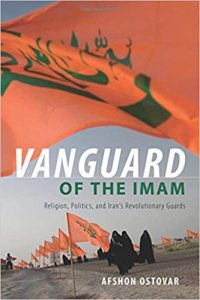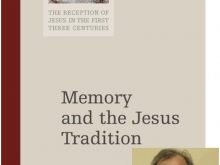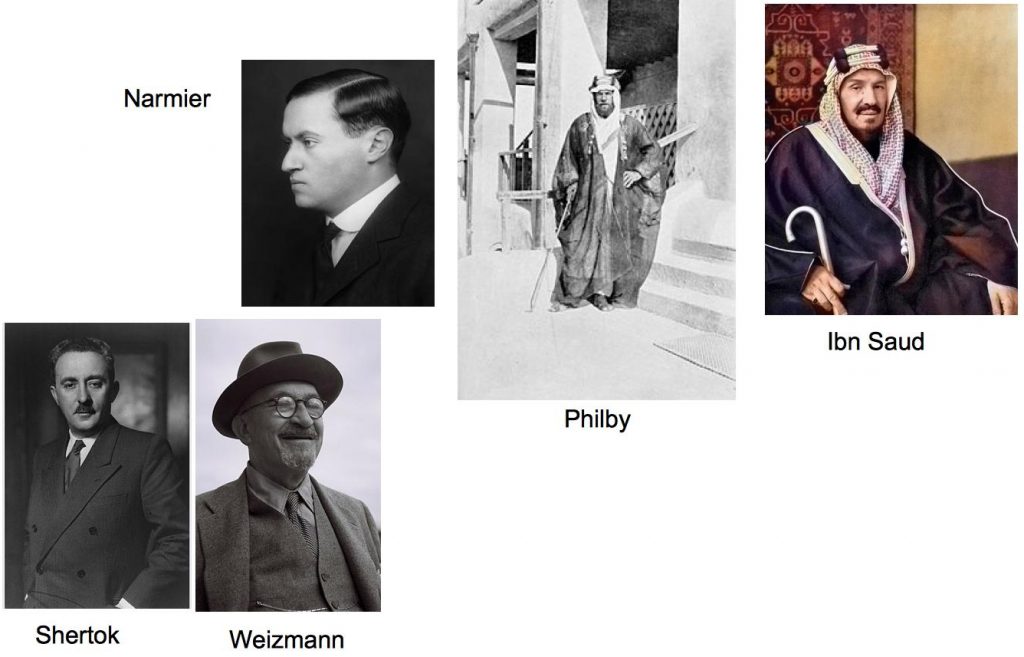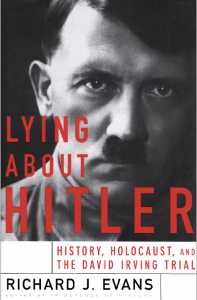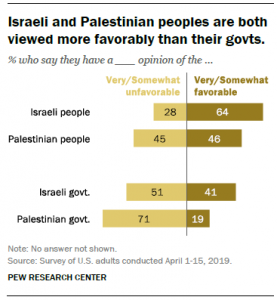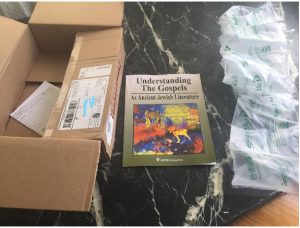I’m back to blogging again after being seconded to actually do certain household maintenance jobs I had been promising and giving much on-and-off thought to for some weeks now. (I’m a firm believer in not rushing into certain tasks without careful and protracted thought beforehand.)

When I returned to the online world I found that a kind emailer had sent me a chapter from a certain book I am surprised I have not read yet. Even better, I noticed that the local library only a few blocks away has a copy of the whole book. Here is a section of it that addresses a certain theme relating to the world of biblical scholars that I’ve posted about before:
Some critics take a dim view of the [Jesus] Seminar’s practice of voting on the authenticity of the sayings and deeds attributed to Jesus. For example, Ben Witherington complains that only in a country where majority views are assumed to be right and where “truth” is decided by voting could this idea of voting on Jesus have arisen. However, as The Five Gospels explains, the Jesus Seminar got the idea, not from American democracy, but from the practice of various biblical translation committees and from the United Bible Society committees that vote on the critical edition of the Greek text of the New Testament.
Luke Johnson has no objection to translation committees voting because “these votes are carried out privately.” Johnson’s remark is revealing: it shows that for him the real offense of the Jesus Seminar is not that it votes, but that it does its work in public. Numerous snide comments about the Seminar being hungry for publicity show that other critics also resent the public face of the Seminar.
In an attempt to estimate the depth of this resentment, let me pose a hypothetical scenario. What if the same people in the Jesus Seminar had carried out the same project and had come up with the same results, but had done so in a Society of Biblical Literature seminar and published the results in Semeia, the Society’s journal for experimental scholarship? Certainly the public would not have paid any attention, but my question is: how much attention would this project have received from scholars? I suspect, but obviously cannot prove, that the quantity of the critical response would be much less and its quality much better. I suspect also that the sheer nastiness of the insulting rhetoric directed against the Seminar would be much reduced.
The acerbic response of the Seminar’s critics to its commitment to work in public seems to rest on the assumption that academics who speak publicly about religion should keep their views to themselves if they might be unsettling to the beliefs of mainstream Christians. (This assumption explains why biblical scholars have largely left it up to scientists to battle creationism in the public forum.) The fact that journalists who cover religion could register such shock when scholars use words like “non-historical” (or, worse yet, “fiction”) to characterize some gospel passages shows what a good job biblical scholars have done keeping their secrets to themselves.
Miller, Robert J. 1999. The Jesus Seminar and Its Critics. Santa Rosa, Calif: Polebridge Press. pp. 65f
Then we come to the end of the chapter,
The Conduct of Scholars
Continue reading “If They Treat Their Own This Way, What Hope for Us Outsiders?”

